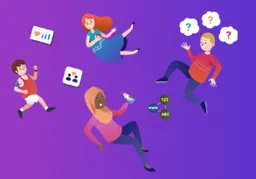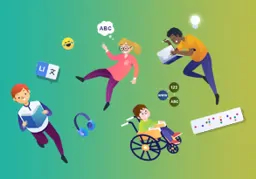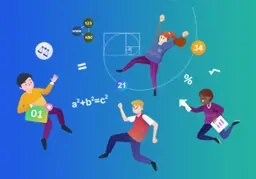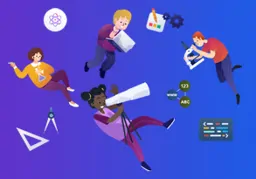AREA OF LEARNING AND EXPERIENCEExpressive Arts
Guidance to help schools and settings develop their own curriculum, enabling learners to develop towards the four purposes.
1. Introduction
The dynamic nature of the expressive arts can engage, motivate and encourage learners to develop their creative, artistic and performance skills to the full.
The Expressive Arts Area of Learning and Experience (Area) spans five disciplines: art, dance, drama, film and digital media and music. Although each discipline has its own discrete body of knowledge and body of skills, it is recognised that together they share the creative process.
What matters in this Area has been expressed in three statements, which support and complement one another and should not be viewed in isolation. Together they contribute to realising the four purposes.
Learning and experience in this Area encourages the development of knowledge, skills and values that can help learners grasp the opportunities and meet the challenges that arise in their lives.
Whether as creators or as audience, through engaging with the expressive arts, learners can gain an understanding and an appreciation of cultures and societies in Wales and in the world. Such engagement can equip learners with the skills to explore cultural differences through time and place.
Importantly, this Area wants to make the expressive arts accessible to all learners and, through this inclusive approach, expand the horizons of every learner. Experiencing the expressive arts can engage learners physically, socially and emotionally, nurturing their well-being, self-esteem and resilience. This can help them become healthy, confident individuals, ready to lead fulfilling lives as valued members of society.
Experiencing the expressive arts can also encourage learners to develop not only their ability to appreciate the creative work of other people, but also their own creative talents, artistic skills and performance skills. The aim is to provide learners with opportunities to explore, refine and communicate ideas while thinking creatively and engaging their imagination and senses.
Engagement with this Area requires personal application, perseverance and close attention to detail, dispositions that contribute to making learners ambitious, capable learners ready to learn throughout their lives.
Experiences in this Area can provide inspiration and motivation as it brings learners into contact with creative processes. This means providing learners with opportunities such as visits to theatres and galleries and bringing the expertise of external practitioners into the classroom.
Engagement with the expressive arts can enhance learners’ employability as they are encouraged to manage their time and resources to achieve meaningful work and meet deadlines. It can foster critical inquiry that can lead to change. Together, these skills can support learners to become enterprising, creative contributors, ready to play a full part in life and work.
In addition, the evaluation involved in the creative process enables learners to explore complex issues, to challenge perceptions and to identify solutions. This can lead learners to a better understanding of their own cultural identity and that of other people, places and times. From this experience they are supported to become ethical, informed citizens of Wales and the world.
Finally, through the enjoyment and personal satisfaction they gain from creative expression, learners can become more confident, which can contribute directly to enriching the quality of their lives.







